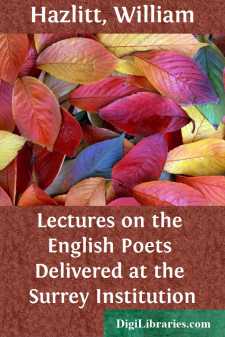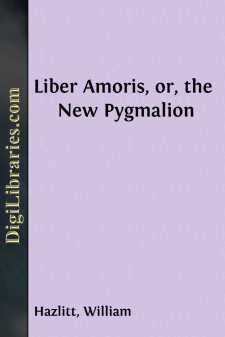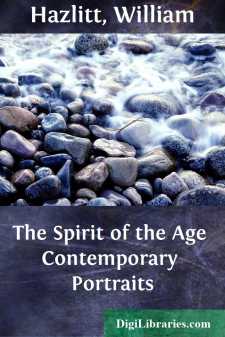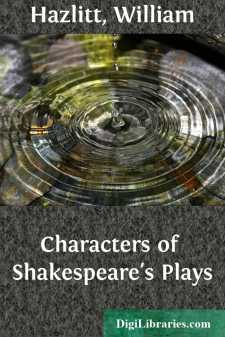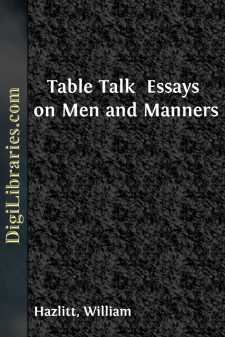Categories
- Antiques & Collectibles 13
- Architecture 36
- Art 48
- Bibles 22
- Biography & Autobiography 815
- Body, Mind & Spirit 144
- Business & Economics 28
- Children's Books 18
- Children's Fiction 14
- Computers 4
- Cooking 94
- Crafts & Hobbies 4
- Drama 346
- Education 58
- Family & Relationships 59
- Fiction 11829
- Games 19
- Gardening 17
- Health & Fitness 34
- History 1378
- House & Home 1
- Humor 147
- Juvenile Fiction 1873
- Juvenile Nonfiction 202
- Language Arts & Disciplines 89
- Law 16
- Literary Collections 686
- Literary Criticism 179
- Mathematics 13
- Medical 41
- Music 40
- Nature 179
- Non-Classifiable 1768
- Performing Arts 7
- Periodicals 1453
- Philosophy 65
- Photography 2
- Poetry 896
- Political Science 203
- Psychology 44
- Reference 154
- Religion 515
- Science 126
- Self-Help 85
- Social Science 82
- Sports & Recreation 34
- Study Aids 3
- Technology & Engineering 59
- Transportation 23
- Travel 463
- True Crime 29
Our website is made possible by displaying online advertisements to our visitors.
Please consider supporting us by disabling your ad blocker.
Lectures on the English Poets Delivered at the Surrey Institution
by: William Hazlitt
Categories:
Description:
Excerpt
LECTURE I.—INTRODUCTORY ON POETRY IN GENERAL.
The best general notion which I can give of poetry is, that it is the natural impression of any object or event, by its vividness exciting an involuntary movement of imagination and passion, and producing, by sympathy, a certain modulation of the voice, or sounds, expressing it.
In treating of poetry, I shall speak first of the subject-matter of it, next of the forms of expression to which it gives birth, and afterwards of its connection with harmony of sound.
Poetry is the language of the imagination and the passions. It relates to whatever gives immediate pleasure or pain to the human mind. It comes home to the bosoms and businesses of men; for nothing but what so comes home to them in the most general and intelligible shape, can be a subject for poetry. Poetry is the universal language which the heart holds with nature and itself. He who has a contempt for poetry, cannot have much respect for himself, or for any thing else. It is not a mere frivolous accomplishment, (as some persons have been led to imagine) the trifling amusement of a few idle readers or leisure hours—it has been the study and delight of mankind in all ages. Many people suppose that poetry is something to be found only in books, contained in lines of ten syllables, with like endings: but wherever there is a sense of beauty, or power, or harmony, as in the motion of a wave of the sea, in the growth of a flower that "spreads its sweet leaves to the air, and dedicates its beauty to the sun,"—there is poetry, in its birth. If history is a grave study, poetry may be said to be a graver: its materials lie deeper, and are spread wider. History treats, for the most part, of the cumbrous and unwieldly masses of things, the empty cases in which the affairs of the world are packed, under the heads of intrigue or war, in different states, and from century to century: but there is no thought or feeling that can have entered into the mind of man, which he would be eager to communicate to others, or which they would listen to with delight, that is not a fit subject for poetry. It is not a branch of authorship: it is "the stuff of which our life is made." The rest is "mere oblivion," a dead letter: for all that is worth remembering in life, is the poetry of it. Fear is poetry, hope is poetry, love is poetry, hatred is poetry; contempt, jealousy, remorse, admiration, wonder, pity, despair, or madness, are all poetry. Poetry is that fine particle within us, that expands, rarefies, refines, raises our whole being: without it "man's life is poor as beast's." Man is a poetical animal: and those of us who do not study the principles of poetry, act upon them all our lives, like Moliere's Bourgeois Gentilhomme, who had always spoken prose without knowing it. The child is a poet in fact, when he first plays at hide-and-seek, or repeats the story of Jack the Giant-killer; the shepherd-boy is a poet, when he first crowns his mistress with a garland of flowers; the countryman, when he stops to look at the rainbow; the city-apprentice, when he gazes after the Lord-Mayor's show; the miser, when he hugs his gold; the courtier, who builds his hopes upon a smile; the savage, who paints his idol with blood; the slave, who worships a tyrant, or the tyrant, who fancies himself a god;—the vain, the ambitious, the proud, the choleric man, the hero and the coward, the beggar and the king, the rich and the poor, the young and the old, all live in a world of their own making; and the poet does no more than describe what all the others think and act....


